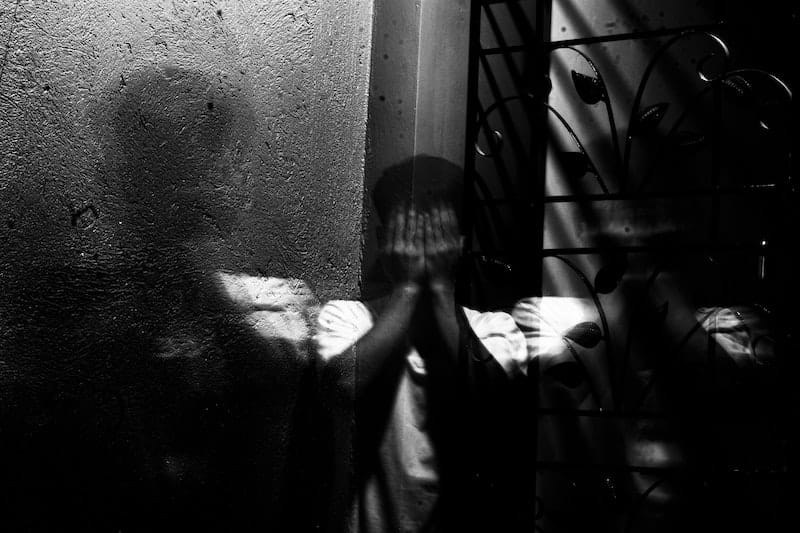More Vulnerable Than They Appear
The teenage phase is often misunderstood, especially when it comes to depression. It’s challenging to diagnose and treat if parents don’t recognize the signs. Many parents dismiss their child’s behavior as “just part of growing up.” Unfortunately, this leaves many teens to suffer in silence. In truth, what might look like mood swings or typical adolescent rebellion could actually be a cry for help.
Teenage Development and Emotional Stress
The preteen and teenage years are filled with rapid physical, emotional, and social changes. During this time, fitting in with peers becomes extremely important to teens. Something as simple as acne, weight issues, or not having the right clothes can deeply affect a child’s self-esteem. If they feel rejected or judged, it can lead to feelings of worthlessness or withdrawal.
Why Your Teen’s Phase May Not Be Like Yours
Parents often compare their child’s teenage years to their own, but today’s youth face different pressures—social media, school performance anxiety, identity exploration, and more. Just because you went through an “awkward phase” doesn’t mean your child is going through the same thing. Every teen is different, and their emotional needs are too.
Common Signs of Teen Depression
Some behaviors may seem like “normal teen attitude,” but they may signal deeper emotional distress. Look out for:
- Constant pessimism or withdrawal
- Reckless behavior or disregard for rules
- Trouble at school (slipping grades, skipped classes)
- Disinterest in family or social activities
- Low self-esteem and mood swings
They may also express what seems like a rebellious or overly idealistic mindset—feeling like they know it all or don’t need anyone. While some of this is typical of teenage independence, it’s important to notice patterns and severity.
When It’s More Than a Phase
Teen mood swings are common, but when these mood changes are intense and persistent, they could point to depression. Don’t brush off behavior as “just a phase” without pausing to look deeper. If your child is emotionally distancing themselves, take time to simply be there. Your presence, listening ear, and calm support can open the door for connection and healing.
How Parents Can Cope and Support
Supporting your teen through this vulnerable phase isn’t easy. It takes patience, compassion, and education. Don’t panic, even if it seems overwhelming. The most important thing is to make your teen feel loved and supported, especially when they’re acting like they don’t want it. If things get too heavy to handle alone, reach out to your child’s doctor or a mental health professional. You’re not in this alone—and neither is your child.
Final Word for Parents
As challenging as it may be, remember: your support could be the bridge between your child’s silence and their healing. Not every “phase” is harmless, and not every teen knows how to ask for help. So don’t ignore the signs. Pay attention, lean in, and get help when needed. Your teen may not say it—but your love, understanding, and action could save their life.

